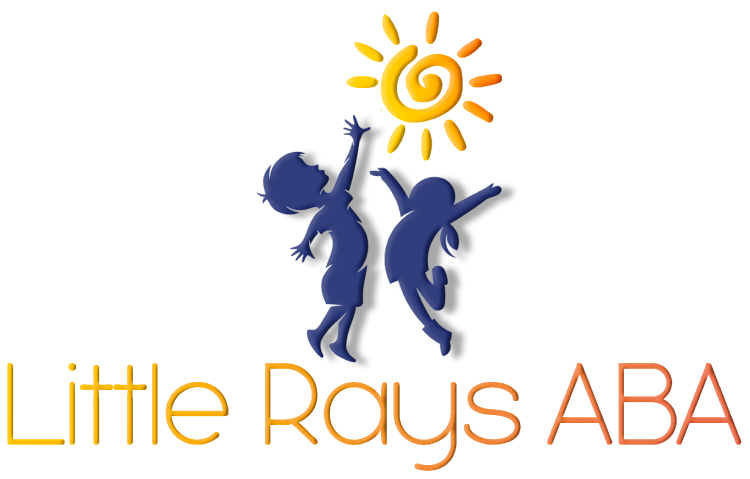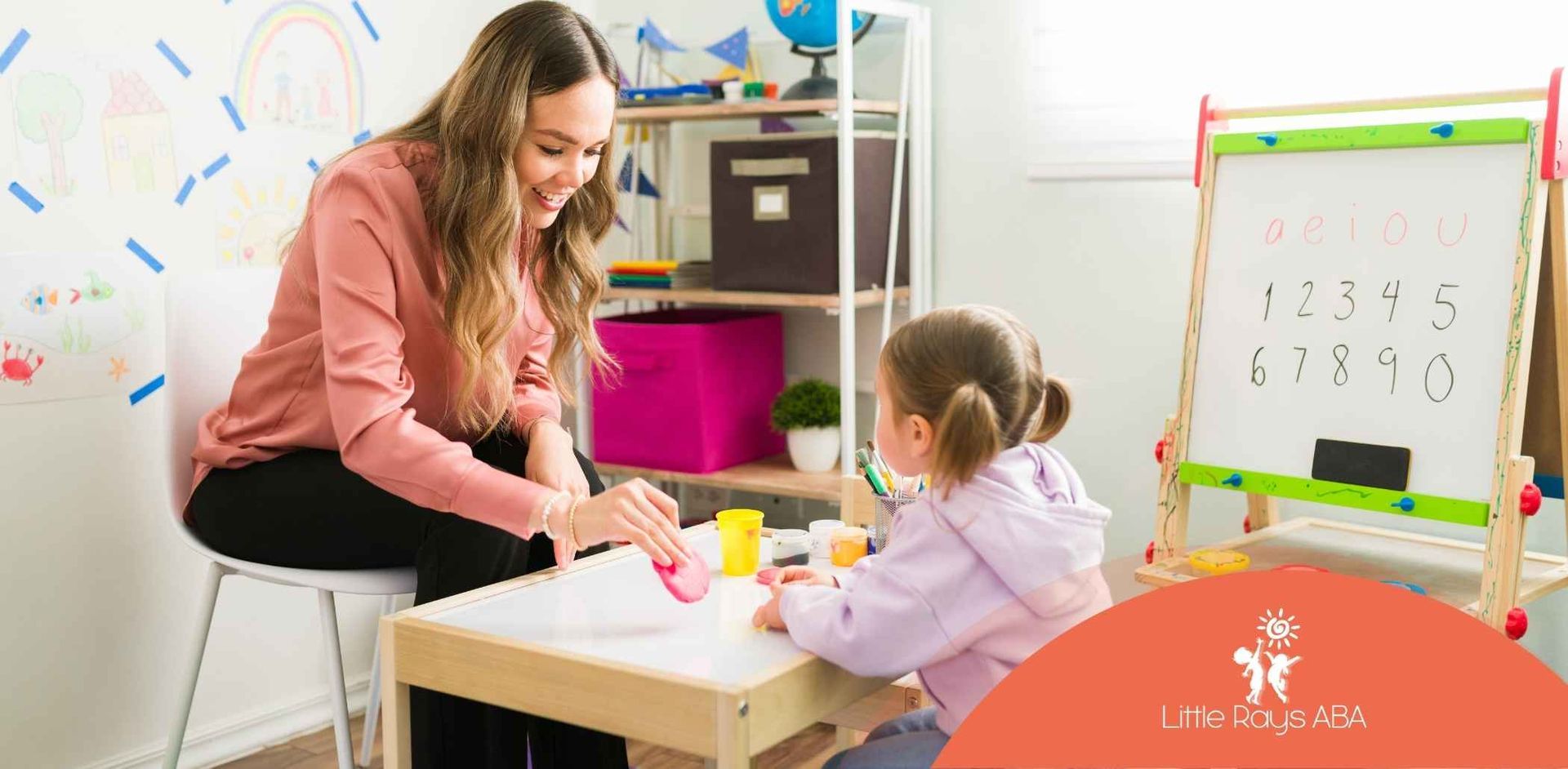
Understanding Your Child’s Development: Signs That Suggest They’re Not on the Autism Spectrum
If you’ve ever wondered whether your child might be autistic, it’s natural to look for reassurance. The truth is, autism is diagnosed based on specific patterns of social, communication, and behavioral differences—not just one or two traits.
According to the CDC, about 1 in 31 children in the U.S. are diagnosed with autism spectrum disorder (ASD). So, seeing a few “quirks” doesn’t automatically mean autism.
Signs That May Suggest Typical Development
While every child is unique, children who are not autistic often show:
- Responsive social interaction – They consistently respond to their name, make eye contact, and enjoy back-and-forth play.
- Flexible play skills – They can adapt to changes in routines or games without intense distress.
- Clear communication growth – Language develops steadily, and they use gestures or words to express needs effectively.
- Shared attention – They point to share interest (“Look at that!”) and enjoy engaging others in their discoveries.
Dr. Catherine Lord, a leading autism researcher, notes that “early patterns of communication and social reciprocity are among the strongest indicators” of developmental pathways.
If your child shows consistent social engagement and age-appropriate communication milestones, autism is less likely—but only a qualified professional can confirm.
If you’re unsure, the best next step is to consult a pediatrician or developmental specialist. Self-assessment alone can be misleading.
Little Rays ABA provides in-home ABA therapy in Florida for personalized, convenient care. We also offer school-based ABA to support learning environments.
Our in-camp ABA programs help children thrive in group settings. Parents can benefit from ABA parent training, giving them practical tools to support their child’s growth.
Call us today to learn how our Florida-based services can help your family.
FAQs
1. Can autism be ruled out at any age?
A qualified professional can assess at any age, but early evaluation is most accurate.
2. Is not making eye contact always a sign of autism?
No—many factors can affect eye contact, including shyness or cultural differences.
3. Do all speech delays mean autism?
Not necessarily. Some children catch up naturally or with speech therapy.
Related Posts





